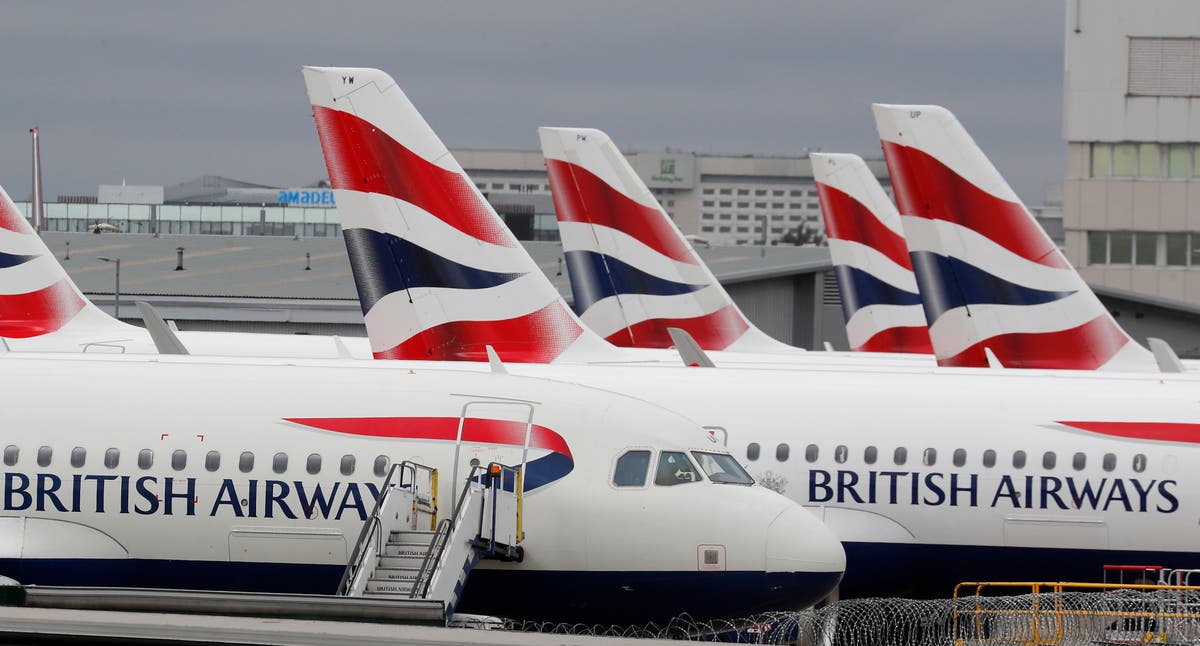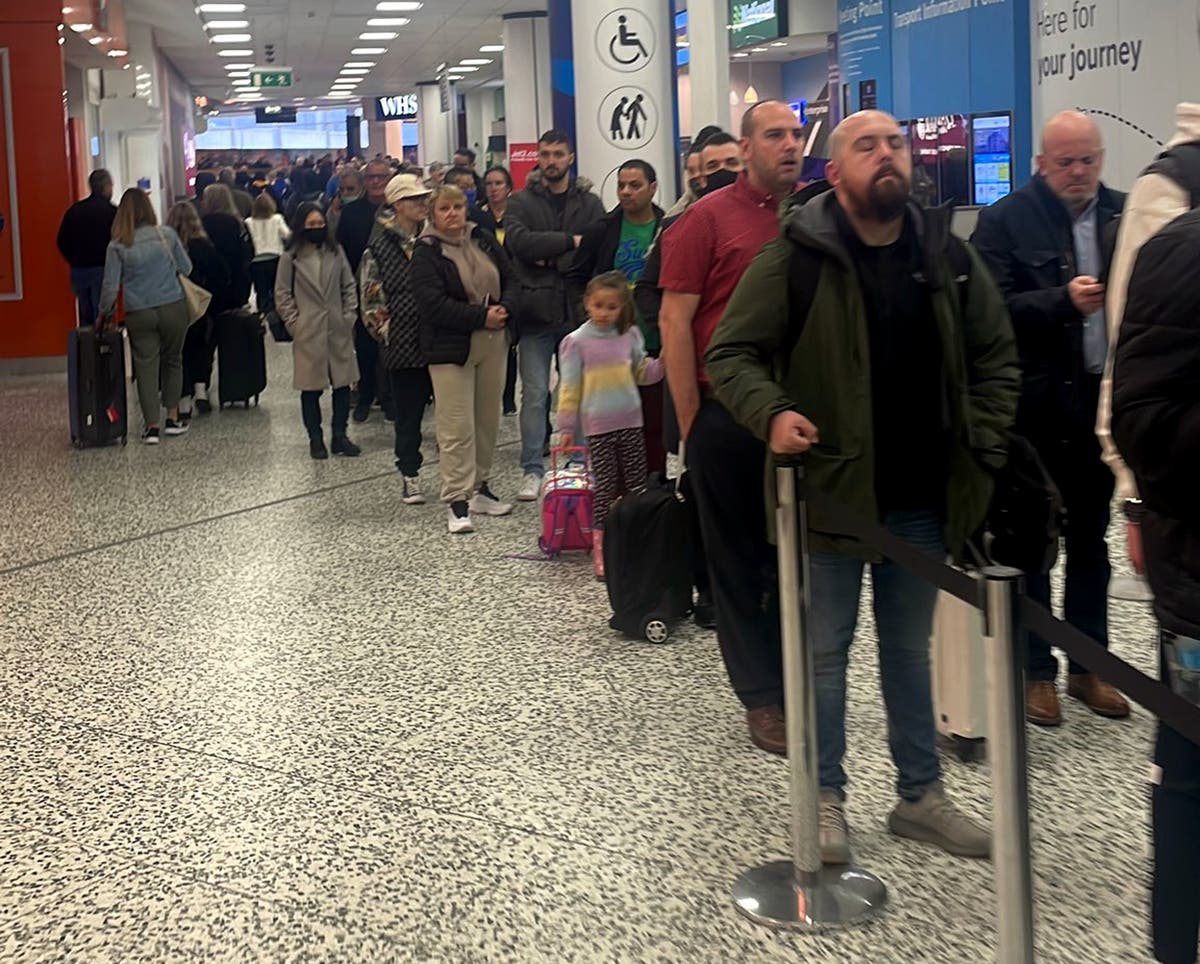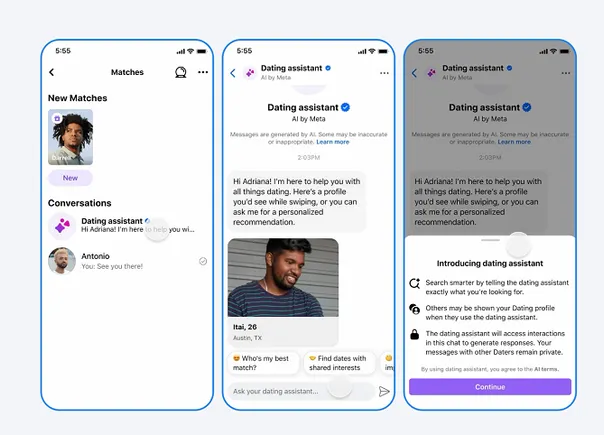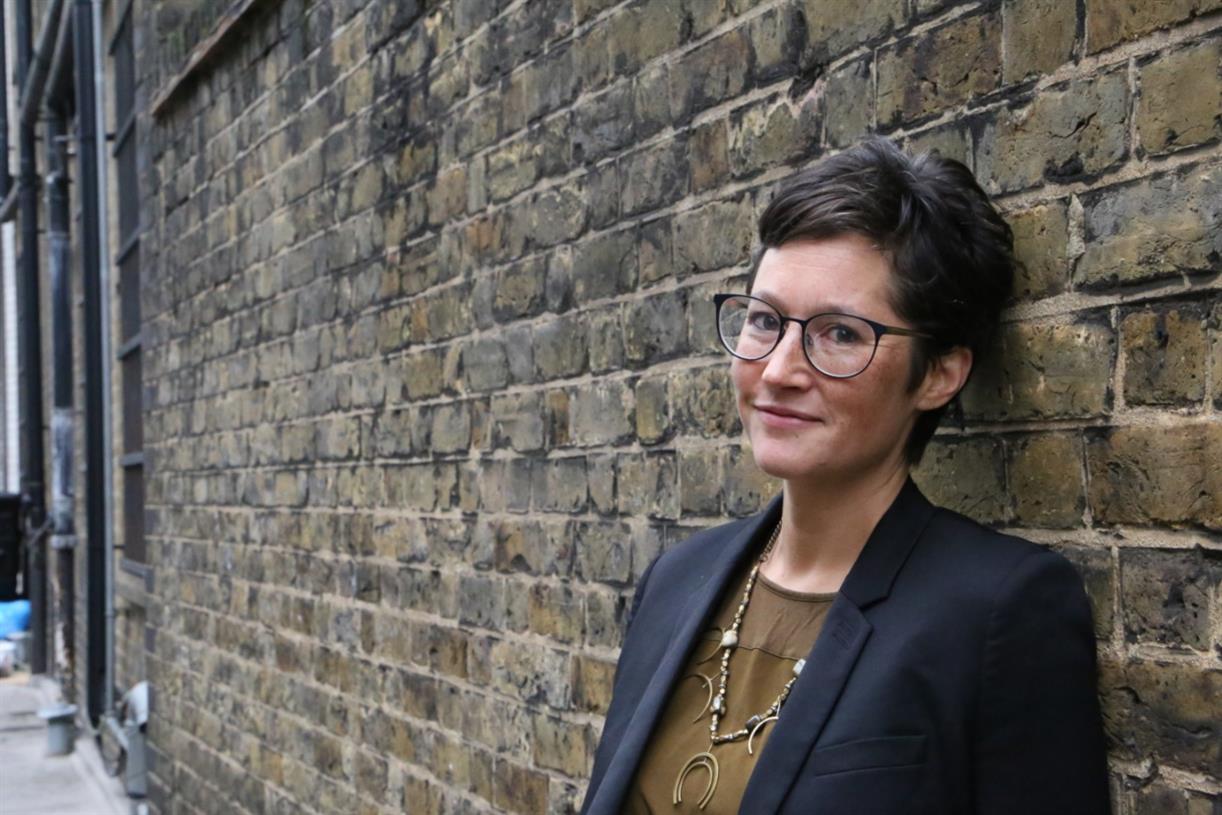Sorry, but You’ll Never Win the Powerball
So, you didn’t win the $1 billion Powerball jackpot this week. That’s OK—you won’t win the next one either (or the one after that), no matter how dedicated you are to the chase. Even if you did win, we’ve...
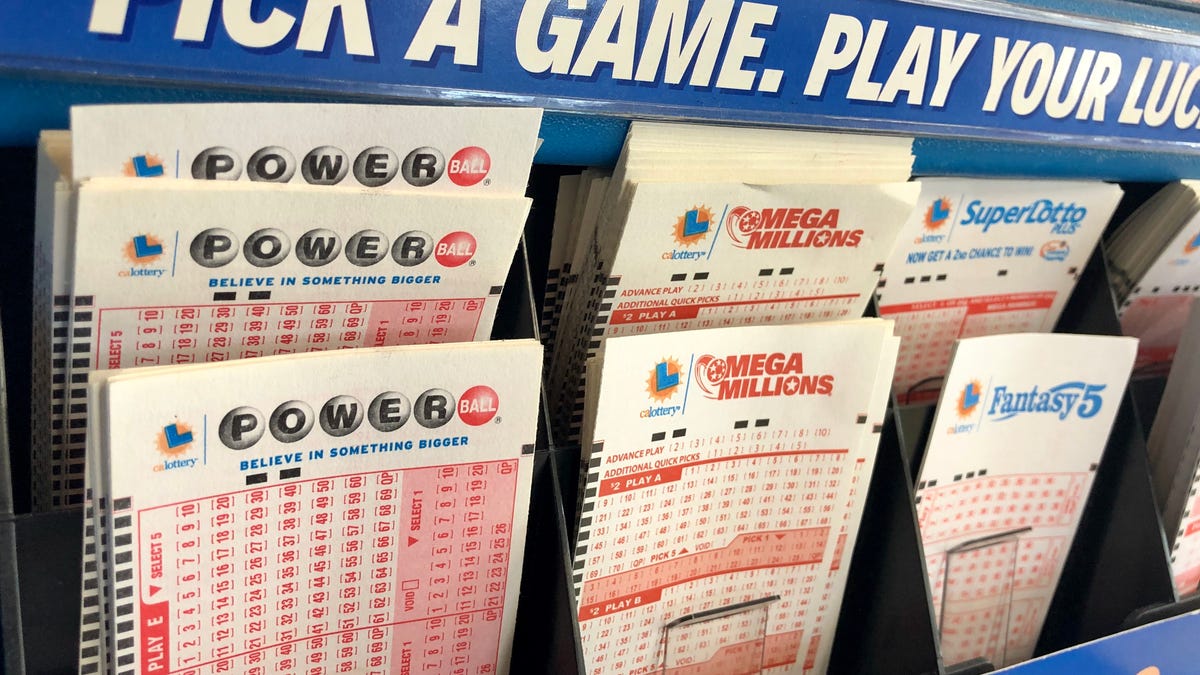
So, you didn’t win the $1 billion Powerball jackpot this week. That’s OK—you won’t win the next one either (or the one after that), no matter how dedicated you are to the chase. Even if you did win, we’ve seen time and time again that lottery prizes are more often a curse than a blessing. But now that the craze has passed us by once again, let’s take a look at why playing the game is a waste of time, money, and energy.
The odds of winning the Powerball jackpot are very slim
The odds of scoring a jackpot-winning Powerball ticket are about 1 in 292 million. Just to emphasize how small of a chance that is, you’re looking at around 0.000000003% of winning with a single winning ticket. If the odds are so small, though, why do so many people play? Maybe because we like to dream of a better, richer life—and somewhere deep down, we know that someone has to win, and that someone could be me.
If you want to buy a ticket for fun, there’s nothing wrong with that, but spending more than a few dollars isn’t worth it. Mathematically speaking, the only way to increase your odds of winning the Powerball is to buy more tickets, but that doesn’t mean you should. Unless you’re willing to throw down outrageous amounts of cash, your odds hardly increase at all.
Of course, if you were determined to earn some kind of prize and “win” the lottery, there are ways to do that. Based on the numbers from a high-prize Mega Million earlier this year, Andy Kiersz at Business Insider explains that it’s possible to guarantee a “win” with some math. Let’s say you want to guarantee winning the Power Ball; if you buy somewhere between 200 and 300 different lottery tickets, you’re all but guaranteed to end up with at least one cash prize. Then again, the non-jackpot cash prizes range anywhere from the most common $4 prize all the way up to the extremely rare $1,000,000 prize. So you could buy 300 Powerball tickets and guarantee a “win,” but that prize could be a measly $4. If you really wanted to cross “winning the lottery” off of your bucket list, a better approach is to buy 35 tickets that each have a different Powerball number. You’ll be guaranteed a $4 win, but be down $66. Fun!
Even if you were already incredibly wealthy, you couldn’t game the system to win the jackpot. As Kiersz explained, you would have to buy every single one of the over 300 million different number combinations to guarantee a Mega Million win. That would cost you over $605 million and—even with an epic jackpot of $1.35 billion—would still put you in the hole. You would only get about $806 million if you took the lump sum payout (which most people do), and you would have to pay 37% of that in federal taxes. That leaves you with only $508 million, or about $100 million in the red (and if you live in a state that takes state taxes, you’d be further in the red). Furthermore, if you were rich enough (and dumb enough) to do that, you better hope you’re the only one trying. Kiersz explains that you would have to split the winnings if someone else tried the same strategy.
If you want to experience how remarkably small your odds of winning are first hand (and without losing any money), try this Powerball simulator to see how truly bad your chances are. If you’re still not convinced, financial expert Dave Ramsey points out that you are around 25,000 times more likely to make a hole-in-one playing golf than actually winning the jackpot.
Even if you win the lottery, if you’re not happy now, it won’t make you happy later
OK, now let’s say you do win. (You won’t, but for fun, let’s say you do.) While the infamous comment credited to the National Endowment for Financial Education (NEFE) that said 70% of winners burn through their cash or lose it within five years was retracted, Don McNay, author of the book Son of a Son of a Gambler: Winners, Losers and What to Do When You Win the Lottery, believes the chances are even higher, coming in at around 90%. McNay attributes the quick loss to people getting too much money too fast for them to deal with it. Winners blow all their money on frivolous expenses or put it in the wrong places, and it’s gone before they know it.
Those five years of winnings could be off-the-hook amazing, or they could be five miserable years filled with harassment, legal battles, and family troubles. Michelle Crouch at Reader’s Digest spoke with several past lottery winners to get the skinny on striking it rich, and most sadly reported a terrible time. Friends might try to exploit you, your family will constantly bug you for money for everything, and other people won’t stop asking you about it. Your identity is suddenly “that person who won the lottery,” not “you but with lots of money.”
More importantly, having money never guarantees happiness to begin with. Sure, research suggests that there are some ways to “buy happiness,” but the excitement of being wealthy wears off quickly. One regularly cited study, published in the Journal of Personality and Social Psychology in 1978, suggests that lottery winners were no more happy in the long term than regular joes. Lottery winners’ happiness would spike when they won, but returned to pre-winning happiness levels within a few months.
Another study, led by Peter Kuhn, professor of biological sciences and medicine at the University of Southern California, suggests that coming into sudden wealth only exaggerates your current situation. If you’re unhappy now, winning the lottery will just make you rich and unhappy. If you feel fulfilled in life, however, it may be possible to stay happy after a lottery win. There’s the problem, though: People who already feel fulfilled in life rarely buy lottery tickets. Plus, the notion that winning the lottery means you won’t have to worry about money anymore is foolish. Winning the lottery would just mean you’d be worrying about money more than ever before.
If you’re going to play the lottery, this is the best way to do it
If you’ve gotten this far and you still want to play the Powerball, there are a few things you can do to help your odds. For starters, only use your “fun money” to buy tickets. If your budget is so tight there’s no room for fun money, playing the lottery obviously isn’t a good idea. But if you have some cash earmarked for entertainment, do what makes you happy.
For the best odds, wait for a lottery with a large jackpot. A good number is at least $500 million (though extremely small jackpots can have better odds, as well). So have fun, just don’t bank your happiness on winning, because you won’t.
This post was originally published in January 2016 when the Power Ball reached $1.3 billion, and was updated on July 21, 2023 by Daniel Oropeza to reflect current numbers and information.

 Astrong
Astrong 








